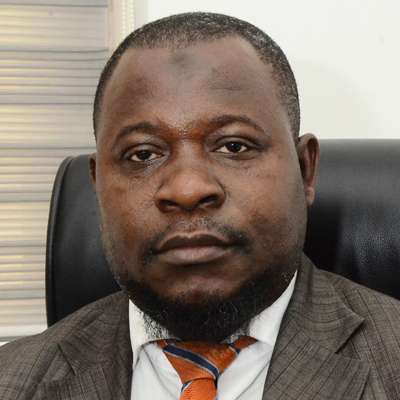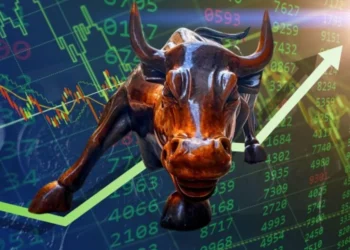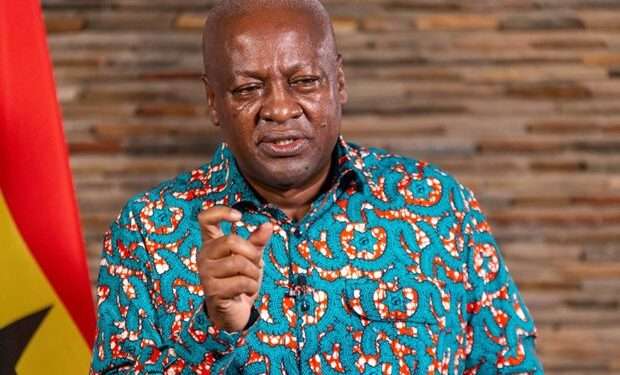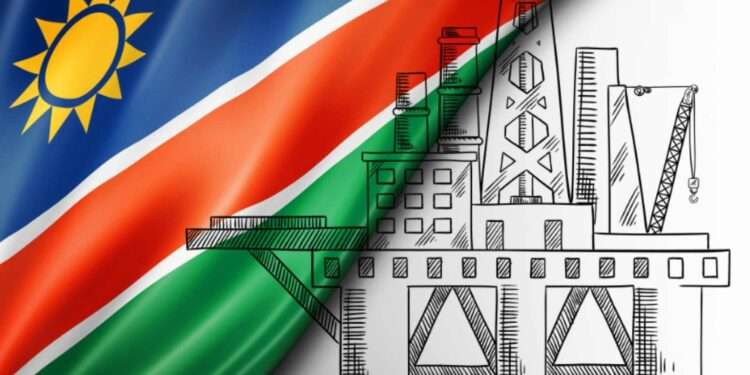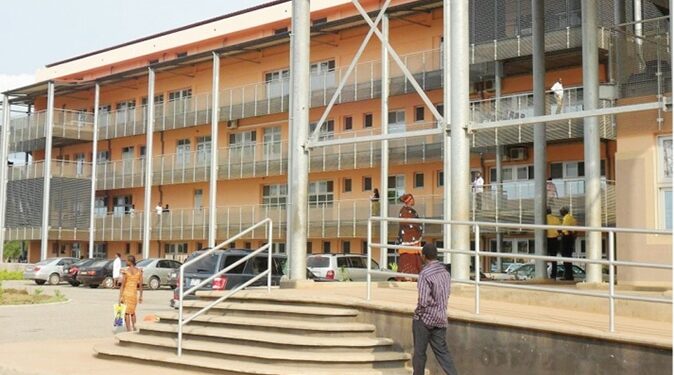Dr Said Boakye, a research fellow at the Institute of Fiscal Studies (IFS), has painted a gloomy picture of Ghana’s economy should the debt restructuring fail to work, stating that the cedi could exchange for as low as GHC100 to US$1.
According to the research fellow, even though the bondholders are not responsible for the current economic challenges, they must be part of the solution to avert the catastrophic consequences.
“If this debt restructuring does not work for both domestic and external and if the country is not able to secure an IMF programme, the cedi depreciation that you were seeing in 2022 would be just a joke. The cedi could trade as low as GHC100 to US$1 in no time. The real depreciation would happen. So, at the end of the day, participating in some way to help fix the country’s fiscal problems is a sacrifice worth doing.”
Said Boakye
Government’s Failure to Heed to Calls to Stop Excessive Borrowings
Dr Boakye indicated that many policy analysts sounded alarm bells to the government, but it didn’t listen. He bemoaned the excessive borrowings made by the government for some programs which yielded less economic benefits.
“As if I am speaking for the government, but I am speaking for the economy. I care less about the government because we were warning the government not to do what it was doing. Even though they justified that they borrowed those funds to invest, I don’t think so.”
Said Boakye
Meanwhile, the cedi has lost more than 50 percent of its value since last year, pushing up the cost of Ghana’s external debt to unsustainable levels.
The country launched a domestic debt swap plan at the start of December, days before clinching a staff-level agreement with the International Monetary Fund (IMF) for a $3bn rescue package. The IMF served notice that its board will approve the deal only if Ghana undergoes comprehensive debt restructuring.
The deadline to register for what has been called the domestic debt exchange has been extended three times as authorities struggle to entice bondholders to participate in the programme.
The government has had to revise the terms of the Domestic Debt Exchange Programme (DDEP) following broad consultations with bondholders. However, some individual bondholders are still not satisfied. They want total exemption from the programme.
Some financial institutions such as the Ghana Association of Banks, Ghana Insurers Association, and Ghana Securities Industry Association have reached a consensus with the government regarding the terms of the DDEP.
The government also asked to restructure its bilateral debt under the G20 common framework platform– launched in 2020 to help coordinate debt reprofiling and restructuring after announcing it would default on most of its external debt at the end of last year.
It can be recalled that Ghana’s total public debt stock shot up to GH¢575.7 billion at the end of November 2022, according to new data released by the Bank of Ghana.
Ghana in Debt Crisis
The new debt figure brings Ghana’s debt to Gross Domestic Product (GDP) ratio to 93.5% from 75.9% in September 2022.
The Bank of Ghana’s January 2023 economic and financial data summary revealed that the debt stock increased by GH¢108.3 billion between September and November 2021.
The external component of the country’s public debt shot up to GH¢382.7 billion in November 2022, equivalent to 62.1% of GDP. This was from GH¢271.7 billion in September 2022.
As a result, the Government is currently facing serious liquidity challenges and is unable to service its debts.
READ ALSO: Be Ready To Kill If It Will Win Us Power Come 2024 – NDC ‘Executive’ Charges Members

